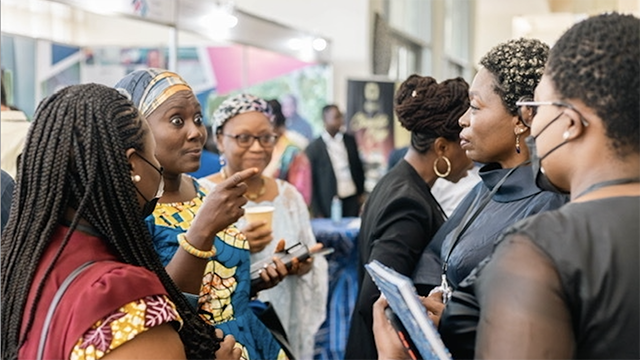Above, watch Aspen Institute President and CEO Walter Isaacson in conversation with former Prime Minister of the Palestinian Authority Salam Fayyad, and United Nations Under-Secretary General for Political Affairs, Ambassador Jeffrey Feltman at the Aspen Institute.
With the tumultuous fighting that broke out between Israel and Palestine in Gaza again this past summer, it is unclear how each side of the conflict will act moving forward. Former Prime Minister of the Palestinian Authority Salam Fayyad, and United Nations Under-Secretary General for Political Affairs, Ambassador Jeffrey Feltman, recently spoke about the necessary next steps for long-term peace in the region during an Aspen Institute and Atlantic Council event in Washington, DC.
According to Fayyad, while peace negotiations between Israel and Palestine will need to eventually resume, certain preparations and adjustments must first take place in order to make feasible solutions.
“I think definitely a [peace] process of sorts needs to be resumed at some point, and the sooner the better,” said Fayyad. “But not before critical adjustments are made to the existing paradigm.
“I think there are two elements that need to be addressed. One relates to the question of Palestinian representation and the second relates to Oslo, originally an interim arrangement, having become an open-ended interim arrangement.”
The Palestinian representation today is divided, Fayyad said during the event. The Palestinian Liberation Organization (PLO) has the “jury power of representation” for the state of Palestine. Other factions not part of the PLO such as Hamas and Islamic Jihad do not wield the same representative political power but reflect the peacemaking views of large parts of the population. Because these factions do not agree with the agreements established in Oslo by the PLO, such as the recognition of Israel and the renunciation of violence, Fayyad believes that the previous peacemaking efforts fell apart:
“The question asked by the Israelis often was, ‘Alright, we’ll negotiate with the PA and the PLO, but what about Gaza?’ meaning what about Hamas and what about these other factions. And I think that is a valid question and it continues to be a valid question. A way has to be found to make a wall out of these two camps notwithstanding the commitments made by the PLO on behalf of all Palestinians in September 1993.”
A unified body for Palestinian representation is also a goal for the United Nations with respect to the conflict. “[The UN] right now [is] looking at… the humanitarian aspects, the recovery aspects that are needed, how do you build a more sustainable ceasefire… how do you help promote a responsible, accountable, unified government,” said Feltman.
In addition to Palestine upholding its end of the Oslo agreement, Fayyad argues that a date must be established for the end of Israel’s occupation of Palestine. “Israel happens to be holding onto the land,” he said. “It has to withdraw and relinquish control over that territory in order for the sovereign state of Palestine to emerge.”
Ending the occupation “is intended to restore at least the intent of what Oslo was supposed to be about,” Fayyad continued. “Oslo was not supposed to be about an open-ended process… We need to have the process bookended by something that’s related to the core objectives of Oslo… ending the Israeli occupation that began in 1967 and the emergence of sovereign state of Palestine in the territory occupied in 1967.”
By forming a more united Palestinian government along with a consensus to respect the goals of the Oslo Accords from both sides, Fayyad believes that peace can be attainable.
“All [Palestinians] are asking for is to be able to live in freedom and dignity in a country of our own,” he said. “That’s all. And that I think will be an important contributor to the peace and stability.”
RELATED CONTENT:

